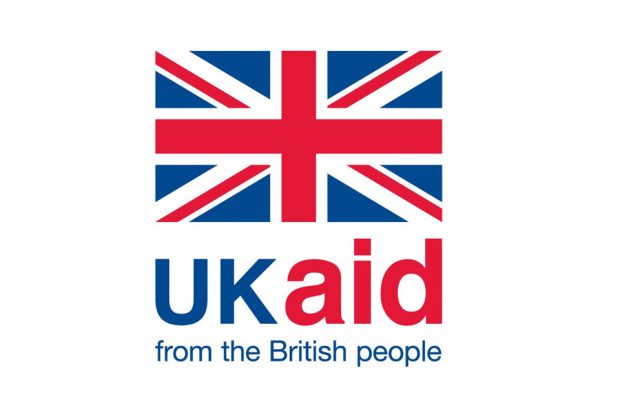
Media have today (June 20) covered the National Audit Office’s (NAO) report on cross-government aid spend.
The report, published this morning, acknowledges there is “good evidence” that many UK aid funded programmes “are securing an impact individually”.
It does, however, note “overall government is not in a position to be confident that the portfolio in its totality is securing value for money.”
The Times, The Sun, The Daily Mail, The Express and Telegraph Online have all covered the story.
All papers were given a cross-government response to the report.
Here it is in full: “The UK is recognised globally as a leader in development, from responding to diseases, like Ebola and malaria, to tackling climate change and conflict. We are determined to spend aid where it is most needed and deliver the very best value for money.
"We are drawing on skills and expertise from across government so we are better prepared than ever to tackle the growing challenges the world faces. Our investment helps the world’s poorest and most vulnerable, while also protecting and promoting Britain’s national security, economic goals and influence.
“We welcome the scrutiny of the National Audit Office, and are already addressing some of the key points raised in its report. Aid spending departments work together to share best practice on project design and delivery, and transparency, and DFID and the Treasury are developing a system to more effectively track how aid is spent across the whole of government.”
In its coverage The Times highlights a programme in Pakistan to train teachers, which features in the NAO report.
The paper says teachers on the course failed to complete their training because they were serving as election officials under another British-funded initiative.
The Department For International Development gave the paper this statement, which it ran in part: “The Government of Pakistan requires teachers to help during elections as election staff. All teacher training in the Punjab was cancelled during the election period of summer 2018 by the Secretary for Schools.
“The Punjab English Education Learning Initiative programme successfully managed the delay by rescheduling and organising training for 84,000 teachers in March and April this year. Further training is scheduled for the end of June 2019.”
In its online story The Telegraph reports the aid budget “is being spent in too many wealthy countries with not enough going to the poorest nations”.
In fact, in 2017, the most recent year for which figures are available, spend to middle income countries decreased in comparison to 2016. In contrast, support to the poorest countries went up over this period.
DFID spent 75% of the aid budget in 2018, while other government departments, cross-government funds and other sources spent the rest.
The NAO report praises DFID’s work on transparency saying it “publishes good quality information on expenditure”.
DFID also gave media a statement from the International Development Secretary Rory Stewart.
He said: “I am proud this NAO report praises DFID’s transparency, and its approach to assessing project progress and making improvements where they are needed.
“This report does however raise questions about how aid is spent across government. So I will be working closely with my colleagues in other aid-spending departments to support them and ensure they benefit from DFID’s expertise.
“I am determined that together we make the changes required.”